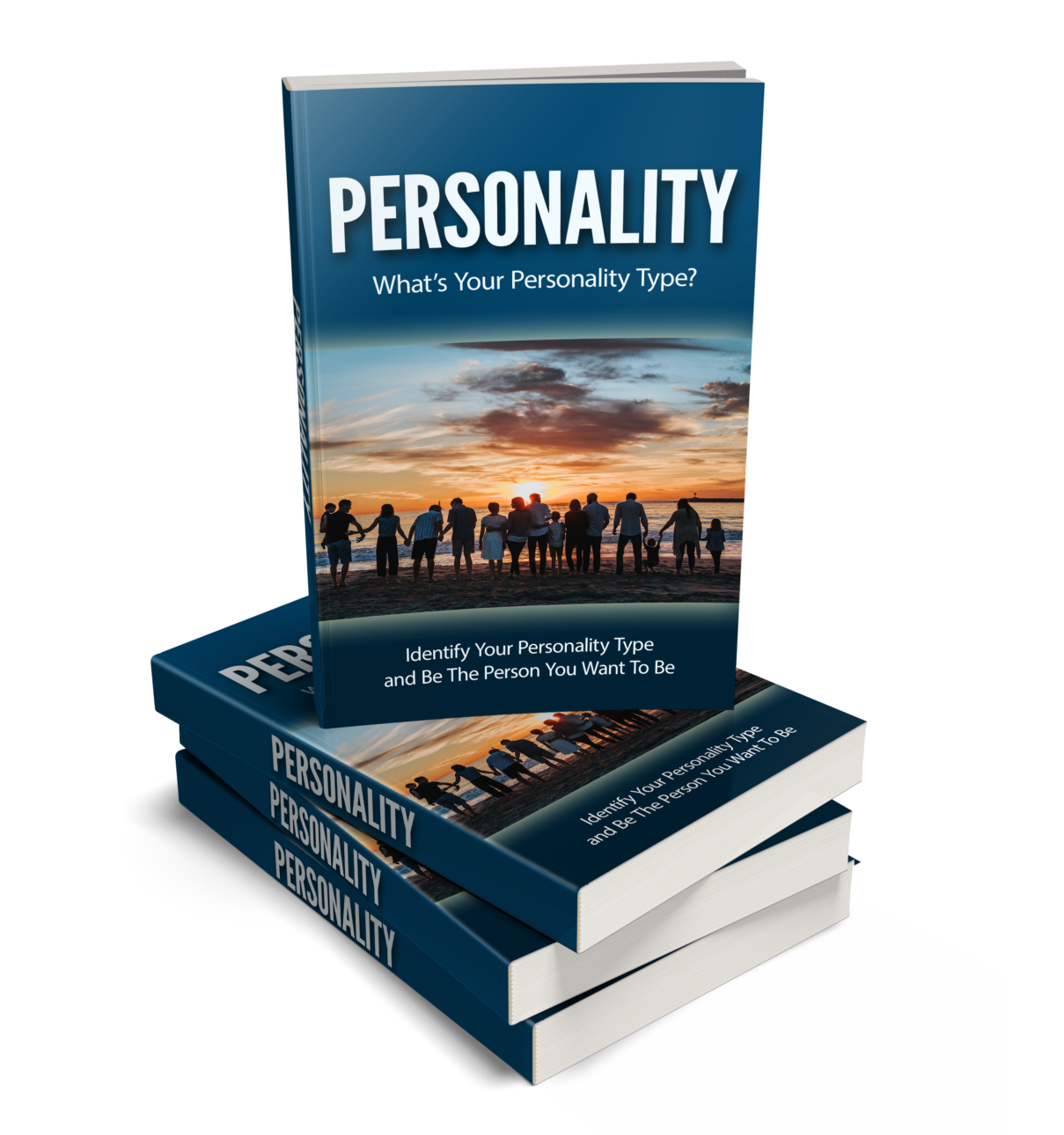Have you ever had a person say that you have the same gentleness of nature or temper as your mother or your father? If so, that’s because we inherit some of our personality traits from our parents.
However, our environment also has a massive part in shaping our different personality traits.
Plus, even though they do, you can still change or modify your traits if you want to.
How Do You Inherit Traits?
Let’s get a little bit ‘science geeky’ to better understand how inheritance works.
Depending on whose genes were dominant, you can inherit certain traits from your mother or father. If your mother is reserved and you inherit that dominant gene, you’re more likely to be reserved as well.
If you’re outgoing, but both your parents are introverted, they still carry an outgoing gene, although it’s not their dominant or expressed trait.
Now, there are thousands of personality traits, but experts have rounded them up into five major categories, namely:
- Agreeableness
- Conscientiousness
- Extroversion
- Neuroticism
- Openness
Each core personality represents a continuum, meaning that you have a combination of these traits at varying levels. For instance, even though you may express both characteristics, you may have stronger extroversion traits than agreeableness.
Nature vs. Nurture
Researchers have found that personality traits are strongly affected by genetic components. We’re talking about 50 to 60% of your personality traits coming from your families.
Some of the traits that you can inherit include the following:
- Leadership
- Ambition
- Stress vulnerability
- Kindness
- Risk appetite
- Sense of well-being
- Respect for authority
While personality traits that are set in stone. Your environment, that is, your surroundings and how your parents raise you also play a huge role in changing and shaping your personality.
As you grow older and widen your environment, those traits can continue to change. Changes, however, can be difficult and subtle if we’re talking about your dominant traits.
For example, experiences may make you more reserved and cautious, but that doesn’t necessarily mean that you’re no longer outgoing. As you grow older, you develop a better sense of self and affinity to your identity.
You also develop maturity, which usually makes people more agreeable, sociable, and emotionally stable. In addition, your personality traits may change as your roles change.
For example, you develop some traits when you become a parent yourself. As you continue with that role, there’s also continuity and strengthening of these personality traits.
Can You Change Your Personality Traits If You Want To?
Let’s be honest, not all personality traits are desirable, and you may have a couple of traits that you want to change.
Maybe you want to be better at handling stress, or you want to be more patient. Maybe you want to be more outgoing and generous. The question is, can you do that?
Well, yes you can. It may be hard to change your dominant personality type, for example from being an introvert to an extrovert, but you can make lasting changes to other aspects of your personality.
Here are some tips on how.
Believe That You Can Change
Challenging your self-beliefs is one of the most crucial steps to transforming your personality. You must believe that your traits are not fixed and permanent so you can make changes effectively.
Change Your Habits
You can change your personality traits by developing new and desirable habits, particularly how you respond to things around you and how you behave. By acting how you want to behave you can ingrain the habit and make the change lasting.
So if you want to be outgoing, you must act like an outgoing person. You need to change your habits by getting out of your comfort zone.
In Summary
Personality is a complicated topic and changes
Special Offer!
You Will Find This Course In You Earth Plus
Coming Soon
Learn How to Develop Your Emotional Intelligence

This Course provides the information you need to understand that your ‘EQ is the new IQ’!
This Course can help you understand what emotional intelligence is, and how it could be the missing piece of lifeís puzzle for you and many others. You can also learn the factors that contribute to emotional intelligence, and most importantly, how you can develop them to make your life happier and more successful! Here’s what you will learn…
- What is emotional intelligence?
- How can emotional intelligence reduce stress?
- Learn the telltale signs of low EQ (emotional intelligence).
- Discover what the signs are of high emotional intelligence!
- Learn effective ways to improve your own emotional intelligence and more!
As you can see it is a comprehensive guide you can start using today! The information we have provided in this report will help you to develop your own EQ and help you be the person you want to be if you are prepared to put in the personal effort!



